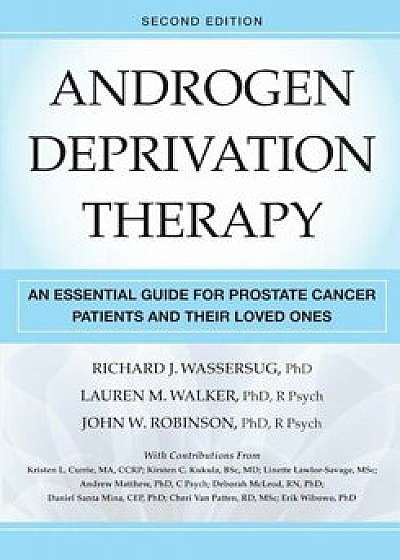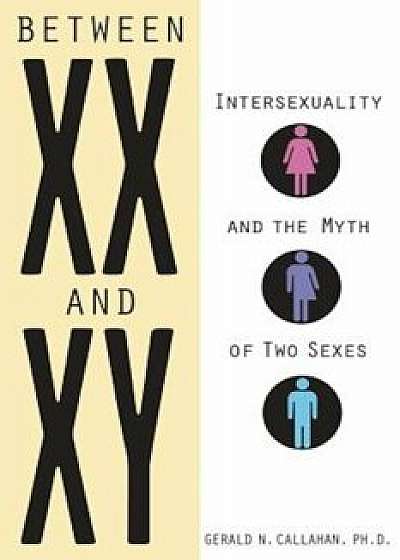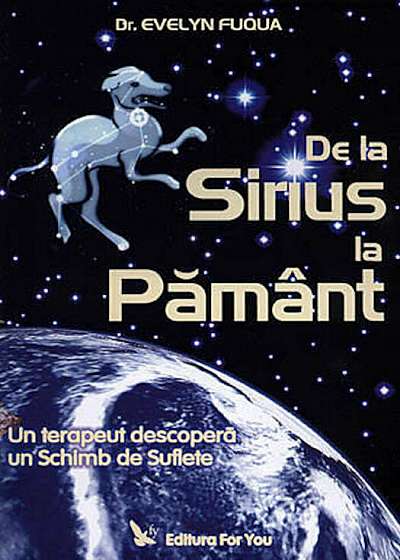
Androgen Deprivation Therapy, Second Edition: An Essential Guide for Prostate Cancer Patients and Their Loved Ones, Paperback/Richard J. Wassersug
Descriere
Praise for Androgen Deprivation Therapy: "Every man who is a candidate for ADT needs to read this outstanding book."-Patrick C. Walsh, MD, University Distinguished Service Professor of Urology, The Johns Hopkins Medical Institution"This new and updated second edition will again be an important and valuable resource for the vast majority of men who are faced with the need to start ADT for treatment of progressive and advanced forms of prostate cancer - whether for a few months or for the rest of their lives. It is a book we will again recommend to patients when they ask us about issues related to life on ADT."--E. Michael D. ("Mike") Scott Co-Founder and President Prostate Cancer International This expanded new edition of Androgen Deprivation Therapy remains the only guide written exclusively about the side effects of hormone therapy. This is a comprehensive workbook for prostate cancer patients and their loved ones, filled with practical advice from experts in the field. The book covers a wealth of strategies to help men cope with ADT and maintain a good quality of life while on this treatment. It is not only an informational manual, but a guide for both patients and partners about ways to make changes in their own lives that can keep them healthy and positive when the patient is on ADT. New to this Edition: Updates to every chapter, including an extensive update on the various drugs used for androgen deprivation Suggestions for managing the physical side effects of ADT, such as hot flashes, weight gain, muscle loss, and fatigue Strategies to handle the emotional side effects, including coping with mood swings and depression Advice on how to maintain intimacy despite reduced libido and difficulties with erections A new chapter on the psychological and relational impact of ADT on gay men Exercises, activities, worksheets, and other tools to promote discussion and inspire sustainable behavioral changes that can reduce the burden of ADT





